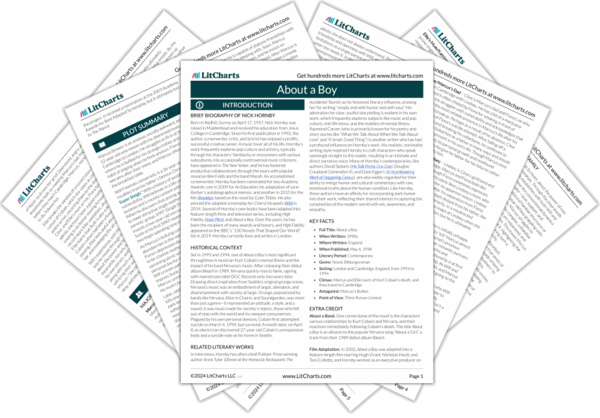Will’s decision to buy a car seat to maintain the illusion of being a father further illustrates the lengths he goes in order to preserve his fabrications, and his choice to purchase the most expensive model signifies his increasing investment in the lie. This scene effectively underscores Will’s duality. On the one hand, he’s extremely superficial. But on the other, he weaves these lies because he does want to connect authentically with others.
